Home>Articles>What Is The Best Type Of Gravel For A Driveway
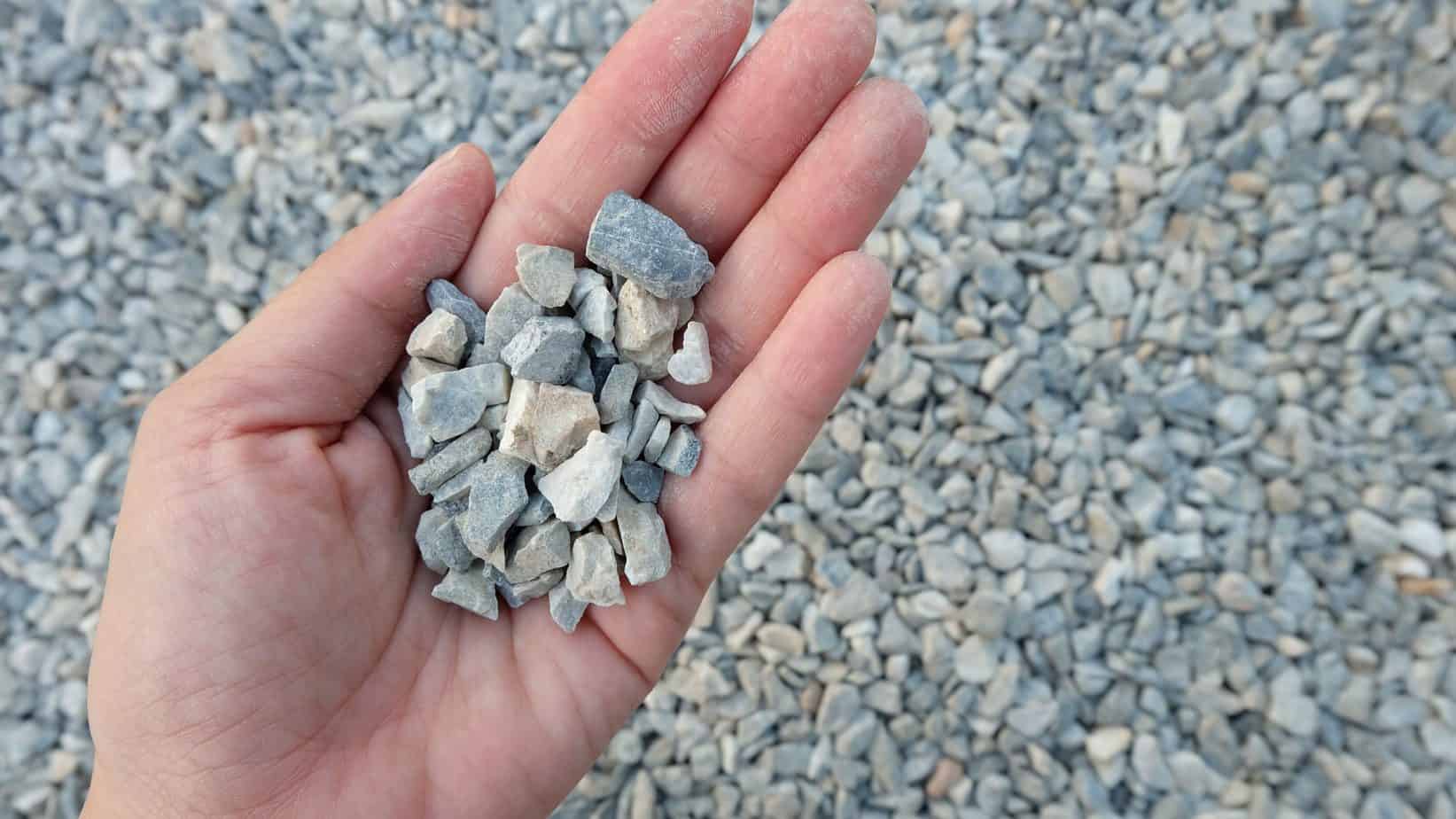

Articles
What Is The Best Type Of Gravel For A Driveway
Modified: October 19, 2024
Explore different types of gravel for your driveway and learn which one is the best fit for your needs. Read our informative articles today!
(Many of the links in this article redirect to a specific reviewed product. Your purchase of these products through affiliate links helps to generate commission for Storables.com, at no extra cost. Learn more)
Introduction
When it comes to creating a durable and visually appealing driveway, choosing the right type of gravel is crucial. Gravel driveways offer several advantages, including affordability, low maintenance, and the ability to withstand heavy traffic. However, not all gravel is created equal, and selecting the best type for your driveway requires careful consideration.
In this article, we will explore the different factors to consider when choosing gravel for a driveway and take a closer look at some of the most popular types of gravel available. By understanding the characteristics of each type of gravel, you can make an informed decision that will ensure your driveway remains functional and visually appealing for years to come.
Before diving into the various types of gravel, it’s important to consider a few key factors that will influence your decision. These factors include the climate in your area, the level of maintenance you’re willing to commit to, and the desired aesthetic appeal of your driveway.
Climate plays a significant role in determining the ideal gravel for your driveway. For regions that experience harsh winters with freezing temperatures, it’s recommended to choose a gravel type that is resistant to freeze and thaw cycles. This will prevent the gravel from deteriorating or becoming uneven over time.
Another important consideration is the level of maintenance you’re willing to undertake. Some gravel types require more frequent raking and grading to maintain a smooth and even surface. If you’re looking for a low-maintenance option, choosing a gravel type that requires minimal upkeep is essential.
Lastly, the desired aesthetic appeal of your driveway should be taken into account. Different types of gravel offer varying colors and textures that can complement your home’s exterior. Whether you prefer a rustic, natural look or a more polished appearance, selecting a gravel type that aligns with your aesthetic preferences is crucial.
Now that we’ve covered the important factors to consider, let’s explore some of the most popular types of gravel for driveways and delve into their unique characteristics.
Key Takeaways:
- Choose the Right Gravel for Your Driveway
Consider factors like climate, maintenance, and aesthetic appeal to select the best gravel type. From durable crushed stone to visually appealing river rock, find the perfect fit for your driveway. - Enhance Functionality and Curb Appeal
Selecting the ideal gravel for your driveway can improve drainage, withstand heavy traffic, and create an attractive entryway. Whether prioritizing durability, aesthetics, or low maintenance, there’s a gravel option to meet your specific needs.
Read more: What Type Of Concrete Is Best For A Driveway
Factors to Consider When Choosing Gravel for a Driveway
Choosing the right type of gravel for your driveway involves considering several factors to ensure optimal performance and longevity. Here are some important factors to keep in mind:
- Drainage: Proper drainage is crucial for preventing water accumulation and potential damage to your driveway. Look for gravel types that allow water to drain through easily, preventing pooling and erosion.
- Durability: Your driveway needs to withstand the weight of vehicles and regular use. Opt for gravel that can handle heavy loads without getting crushed or deteriorating quickly.
- Texture: The texture of the gravel affects both the aesthetics and functionality of your driveway. Smoother gravel types provide a more polished and refined look, while coarser options offer better traction.
- Size: The size of the gravel particles plays a role in how evenly the driveway compacts and how well it interlocks. Smaller gravel particles tend to create a more solid and stable surface.
- Maintenance: Consider the level of maintenance you’re willing to commit to. Some gravel types require regular raking and regrading to maintain a smooth surface, while others are more low-maintenance.
- Aesthetic Appeal: The appearance of your driveway contributes to the curb appeal of your property. Choose a gravel type that complements the architectural style of your home and personal preferences.
By taking into account these factors, you can narrow down your options and choose the most suitable gravel for your driveway. The next step is to explore the characteristics of various gravel types to make an informed decision. Let’s take a closer look at some popular choices for driveway gravel.
Types of Gravel for Driveways and Their Characteristics
When it comes to selecting the best type of gravel for your driveway, there are several options to consider. Each type of gravel has its own unique characteristics that impact its performance, appearance, and maintenance requirements. Let’s explore some popular types of gravel for driveways:
- Crushed Stone: Crushed stone is a versatile option that is widely used for driveways. It is created by crushing larger stones into smaller pieces, resulting in a rough texture. Crushed stone offers excellent drainage and stability, and it is available in various sizes and colors.
- Pea Gravel: Pea gravel consists of small, rounded stones that are smooth to the touch. It provides a softer appearance and is often used for decorative purposes as well. Pea gravel is known for its excellent drainage properties, but it may shift or move under heavy usage.
- Decomposed Granite: Decomposed granite is a popular choice for driveways due to its natural and rustic appearance. It is created by the weathering and erosion of granite rocks, resulting in a fine textured gravel. Decomposed granite is relatively low-maintenance and provides good drainage.
- Quarry Process (QP): Quarry Process, also known as QP, is a blend of crushed stone and stone dust. It is highly compactable, making it an ideal choice for driveways that require a solid base. QP provides excellent drainage and is resistant to shifting and erosion.
- Jersey Shore Gravel: Jersey Shore gravel is a mix of sand, shells, and stones, often found along coastal areas. It offers a unique and natural look, resembling a beach-like surface. Jersey Shore gravel provides good drainage and is popular for creating a seaside-inspired driveway.
- River Rock: River rock is known for its smooth and rounded edges, offering a visually appealing and natural appearance. It is available in various sizes and colors, providing versatility in design. River rock may not compact as well as other gravel types, so it is often used for decorative purposes in combination with other materials.
Each type of gravel has its own advantages and considerations, so it’s important to choose the one that aligns with your specific needs and preferences. Consider factors such as drainage, durability, maintenance, texture, size, and aesthetic appeal when making your decision.
By understanding the characteristics and properties of each gravel type, you can make an informed choice that will result in a functional and visually appealing driveway. Remember to consider your local climate, the level of maintenance you’re willing to commit to, and the desired look for your driveway in order to select the best type of gravel.
Now that you’re familiar with the different types of gravel available, you can confidently make a decision that will enhance the functionality and curb appeal of your driveway.
Crushed Stone
Crushed stone is one of the most popular and versatile types of gravel used for driveways. It is created by crushing larger stones into smaller pieces, resulting in a rough texture. Crushed stone is available in various sizes, ranging from ⅜ inch to 2 ½ inches, and can be composed of different materials, such as limestone, granite, or trap rock.
One of the key benefits of crushed stone is its excellent drainage capabilities. The rough texture and compacted nature of the crushed stone allow water to flow through easily, preventing the accumulation of standing water on your driveway. This is particularly important in areas prone to heavy rainfall or in regions with freezing temperatures that can cause water to freeze and create slippery surfaces.
Another advantage of crushed stone is its high durability. It can withstand heavy loads and regular use without getting crushed or deteriorating quickly. This makes it an ideal option for driveways that will be subjected to regular vehicle traffic.
Crushed stone also offers versatility in terms of color and size options. You can choose from a variety of colors, including beige, brown, gray, and white, allowing you to select a shade that complements your home’s exterior. Additionally, crushed stone can be purchased in different sizes to create the desired depth and texture for your driveway.
Maintenance for a crushed stone driveway is relatively low. Regular raking and occasional regrading can help maintain its even surface. However, it’s important to note that smaller particles of crushed stone may migrate over time with heavy use, so some periodic repositioning may be necessary.
Overall, crushed stone is a durable, versatile, and visually appealing option for driveways. Its excellent drainage capabilities, high durability, and flexibility in color and size make it a popular choice among homeowners. Whether you’re looking for a traditional or modern aesthetic, crushed stone can be customized to meet your specific needs and enhance the curb appeal of your property.
Pea Gravel
Pea gravel is a popular choice for driveways due to its smooth and rounded stones, which create a softer and more decorative appearance. It is typically made up of small, pea-sized stones that range from about ⅛ inch to ⅜ inch in diameter. Pea gravel is available in various colors, such as beige, brown, and gray.
One of the main advantages of pea gravel is its excellent drainage properties. The small gaps between the stones allow water to flow through easily, preventing the accumulation of water on the surface of the driveway. This makes pea gravel particularly suitable for areas with heavy rainfall or poor drainage conditions.
Pea gravel offers a softer surface compared to other types of gravel, making it more comfortable to walk on. Its smooth and rounded stones provide a pleasant texture, which can be desirable for driveways that are also used for recreational activities, such as outdoor games or walking.
However, it’s important to note that pea gravel may not be as durable as other gravel types. Due to its rounded shape, pea gravel stones tend to shift or move under heavy usage, which can lead to an uneven surface. Regular raking and regrading may be necessary to maintain a level driveway with pea gravel.
In terms of maintenance, pea gravel requires occasional raking and leveling to keep the surface even. It’s also important to replenish the gravel periodically as it can get displaced or worn down over time. This maintenance ensures the longevity and visual appeal of your pea gravel driveway.
Pea gravel is often used not only for driveways but also for landscaping and decorative purposes. Its smooth and decorative appearance can enhance the overall aesthetics of your property, providing a natural and inviting feel. It can be complemented with other landscaping elements, such as plants or pavers, to create a cohesive outdoor design.
Overall, pea gravel is a versatile and visually appealing option for driveways. Its excellent drainage properties, soft texture, and decorative appearance make it a popular choice among homeowners who value both functionality and aesthetics. However, regular maintenance and occasional regrading are necessary to ensure a level and even surface with pea gravel.
When choosing gravel for a driveway, opt for angular and compactable gravel like crushed stone or decomposed granite. This type of gravel provides better stability and drainage compared to rounded gravel.
Read more: How To Maintain Gravel Driveway
Decomposed Granite
Decomposed granite is a popular choice for driveways due to its natural and rustic appearance. It is created through the weathering and erosion of granite rocks, resulting in a fine textured gravel that ranges in color from sandy tan to reddish brown.
One of the key benefits of decomposed granite is its low maintenance requirements. Unlike other types of gravel, decomposed granite does not require regular raking or regrading to maintain its surface. It naturally compacts over time, creating a stable and durable driveway that can withstand heavy traffic.
Another advantage of decomposed granite is its excellent drainage properties. The small, fine particles allow water to permeate through easily, preventing the formation of puddles or erosion on the surface. This makes decomposed granite particularly suitable for areas with heavy rainfall or poor drainage conditions.
Decomposed granite offers a natural and earthy look that can complement a variety of home styles. Its warm tones and textured appearance add a touch of rustic charm to your driveway, enhancing the overall curb appeal of your property.
It’s important to note that although decomposed granite is durable, it may not be as resistant to heavy loads as other gravel types. The fine particles can shift under intense pressure, resulting in a slightly uneven surface. However, regular maintenance, such as adding a stabilizer or applying a thin layer of decomposed granite, can help mitigate this issue.
When it comes to cost, decomposed granite is often more affordable compared to other gravel options. Its availability and ease of installation make it a budget-friendly choice for homeowners looking to create an attractive and functional driveway without breaking the bank.
In summary, decomposed granite is a low-maintenance, visually appealing, and cost-effective option for driveways. Its natural and rustic appearance, excellent drainage capabilities, and affordability make it a popular choice among homeowners. Consider the specific climate and traffic conditions in your area to determine if decomposed granite is the right choice for your driveway project.
Quarry Process (QP)
Quarry Process (QP), also known as crusher run or dense grade aggregate (DGA), is a combination of crushed stone and stone dust that is often used for driveways. It is created by quarrying and crushing rocks, then mixing them with stone dust to create a compactable material.
One of the main advantages of Quarry Process is its excellent compaction properties. When properly compacted, QP creates a solid and stable surface that can withstand heavy loads and regular use. This makes it a durable option for driveways that experience high traffic, such as multi-car households or commercial properties.
Another benefit of Quarry Process is its excellent drainage capabilities. The combination of crushed stone and stone dust allows water to drain through easily, preventing the accumulation of water on the surface and reducing the risk of erosion or damage to the driveway.
Quarry Process is available in various sizes, ranging from gravel-sized particles to larger stones, which allows for customization based on the desired aesthetic and functionality. The variation in size also contributes to the interlocking nature of QP, creating a stable and durable surface that resists shifting or movement.
When it comes to maintenance, QP requires occasional raking and leveling to keep the surface even and to replenish any areas that may have settled over time. Regular maintenance ensures that the driveway remains smooth and intact, maintaining its functionality and visual appeal.
In terms of appearance, Quarry Process typically has a grayish color that can complement a range of architectural styles. If desired, it can also be enhanced with additional decorative elements, such as edging or plants, to create a more polished and personalized look.
In summary, Quarry Process is a versatile and durable option for driveways. Its excellent compaction properties, drainage capabilities, and customizability make it a preferred choice for homeowners seeking a long-lasting and visually appealing driveway. Consider the specific needs of your driveway, such as traffic volume and desired aesthetics, to determine if Quarry Process is the right choice for your project.
Jersey Shore Gravel
Jersey Shore gravel, also known as beach gravel, is a unique and visually appealing option for driveways. As the name suggests, it is often found in coastal areas and consists of a mix of sand, shells, and stones that range in size and color.
One of the main advantages of Jersey Shore gravel is its natural and beach-like appearance. The combination of sand, shells, and stones creates a distinctive texture and color palette that evokes a coastal vibe. This makes it particularly suitable for homeowners looking to replicate a beach-inspired aesthetic and enhance the overall curb appeal of their property.
Jersey Shore gravel offers good drainage properties due to the presence of sand and the porous nature of the shells. This helps prevent the accumulation of water on the surface and reduces the risk of erosion or damage to the driveway. However, it’s important to note that in areas with heavy rainfall or poor drainage, additional measures may be necessary to ensure proper water management.
When it comes to maintenance, Jersey Shore gravel requires regular raking and leveling to keep the surface even and to prevent the formation of uneven areas. It’s also important to replenish any spots where the gravel may have shifted or worn down over time. Additionally, the shells in the gravel may break down over time, so occasional replacement or topping up may be required.
Due to its unique composition and appearance, Jersey Shore gravel may not be as durable as other gravel types. The shells and softer materials can be more susceptible to wear and can break down over time, especially under heavy traffic or harsh weather conditions. Therefore, it may be more suitable for driveways with lighter usage or as a decorative accent combined with other more durable materials.
Overall, Jersey Shore gravel offers a distinctive and visually appealing option for driveways. Its natural and beach-like aesthetic, good drainage capabilities, and versatility in design make it a popular choice among homeowners seeking a unique and coastal-inspired driveway. Consider the maintenance requirements and level of durability needed for your specific usage to determine if Jersey Shore gravel is the right choice for your driveway project.
River Rock
River rock is a popular choice for driveways due to its smooth and rounded edges, which create a visually appealing and natural look. It is formed from riverbeds or water sources and comes in various sizes, shapes, and colors.
One of the main advantages of river rock is its aesthetic appeal. The smooth and rounded stones offer a unique and organic appearance that can enhance the overall curb appeal of your property. River rock is available in different colors, such as gray, brown, and beige, allowing you to choose a shade that complements your home’s exterior.
River rock offers good drainage capabilities due to its porous nature. Water can easily flow through the gaps between the stones, preventing the accumulation of water on the surface of the driveway. This is particularly beneficial in areas with heavy rainfall or poor drainage conditions.
When it comes to maintenance, river rock requires occasional raking and leveling to keep the surface even and to prevent the formation of uneven areas. It’s also important to periodically check for any displaced stones and to add more if necessary. Additionally, while river rock is generally durable, the smooth surface may make it more susceptible to movement under heavy traffic. Therefore, it may be more suitable for driveways with lighter usage or as a decorative accent in combination with other more stable materials.
In terms of longevity, river rock is known for its durability. The stones are weather-resistant and can withstand the elements over time. However, it’s important to choose a size of river rock that is appropriate for your specific usage to ensure maximum durability and longevity.
One consideration with river rock is the potential for the stones to loosen or dislodge over time, especially in areas with high foot or vehicle traffic. Therefore, it’s important to evaluate the level of usage and select a size and shape of river rock that will provide a stable and secure surface.
Overall, river rock offers a visually appealing and natural option for driveways. Its aesthetic appeal, good drainage properties, and durability make it a popular choice among homeowners seeking a unique and organic look. Consider the level of traffic and the desired aesthetic for your driveway to determine if river rock is the right choice for your project.
Read more: How To Plow A Gravel Driveway
Conclusion
Choosing the right type of gravel for your driveway is essential for both functionality and visual appeal. After considering factors such as climate, maintenance, and aesthetic preferences, you can make an informed decision that aligns with your specific needs and enhances the overall curb appeal of your property.
Crushed stone is a versatile and durable option with excellent drainage capabilities, making it suitable for driveways that experience heavy traffic. Pea gravel offers a softer and decorative appearance, although it may require more maintenance to keep the surface even. Decomposed granite provides a natural and low-maintenance option, whereas Quarry Process (QP) offers a compactable material with superior drainage properties.
Jersey Shore gravel provides a unique and beach-inspired aesthetic, while river rock offers a visually appealing and natural look. Both these options may require more maintenance and are better suited for lighter usage or for incorporating into a decorative design.
It’s important to remember that each type of gravel has its own set of characteristics, advantages, and considerations. By understanding these factors and evaluating your specific needs, you can select the best type of gravel for your driveway project.
Whether you prioritize durability, aesthetics, or ease of maintenance, there is a gravel option that will meet your requirements. By choosing the right gravel for your driveway, you can enhance its functionality, improve drainage, and create a visually pleasing entryway for your home.
Take the time to research and consult with professionals to ensure you make an informed decision. With the right type of gravel, your driveway will not only provide a smooth and stable surface for vehicles but also become an attractive focal point that adds value to your property for years to come.
Frequently Asked Questions about What Is The Best Type Of Gravel For A Driveway
Was this page helpful?
At Storables.com, we guarantee accurate and reliable information. Our content, validated by Expert Board Contributors, is crafted following stringent Editorial Policies. We're committed to providing you with well-researched, expert-backed insights for all your informational needs.
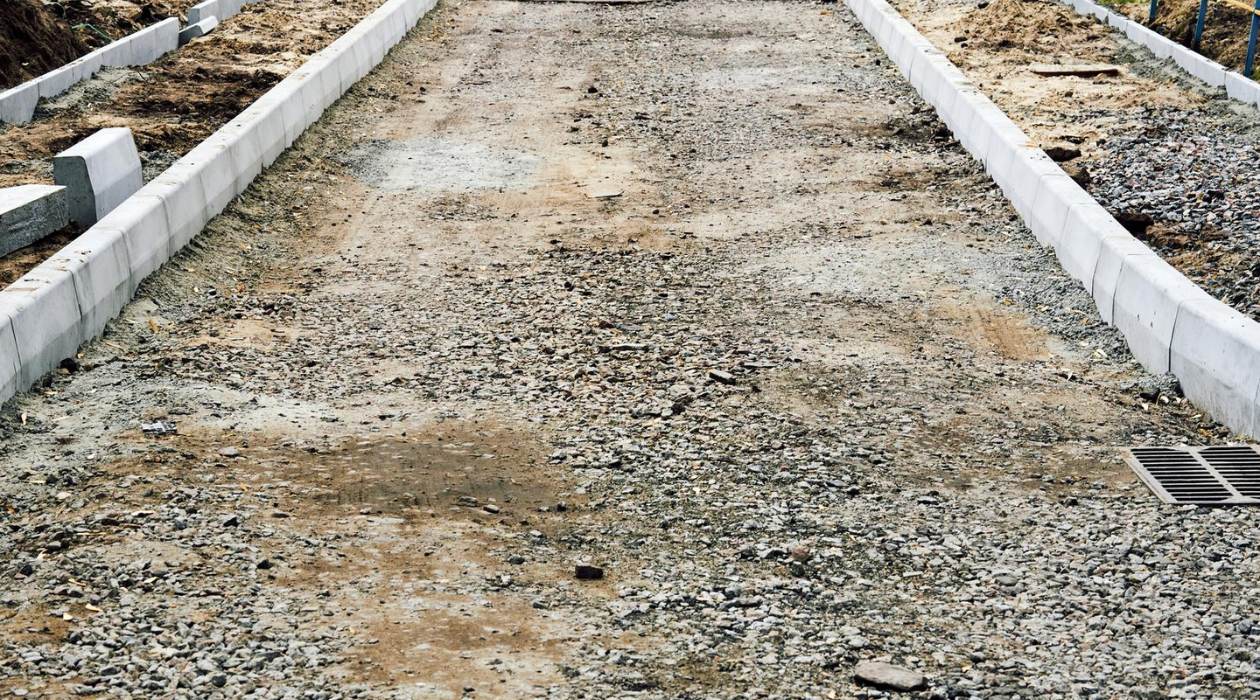
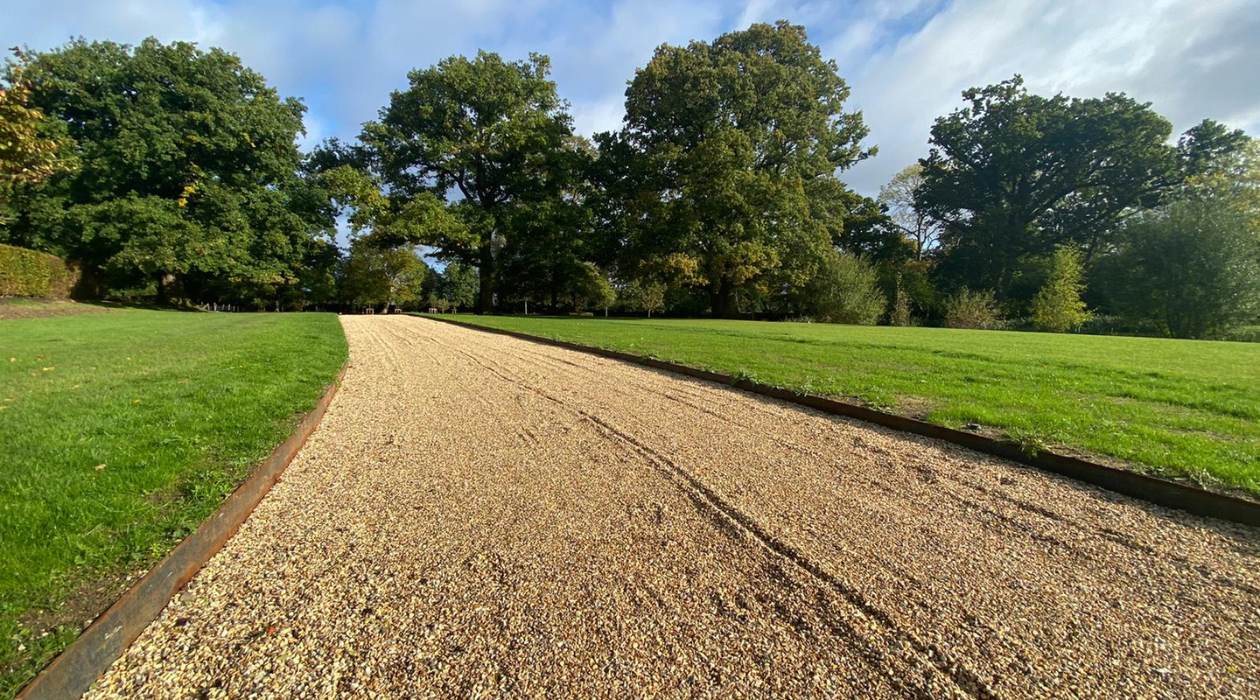
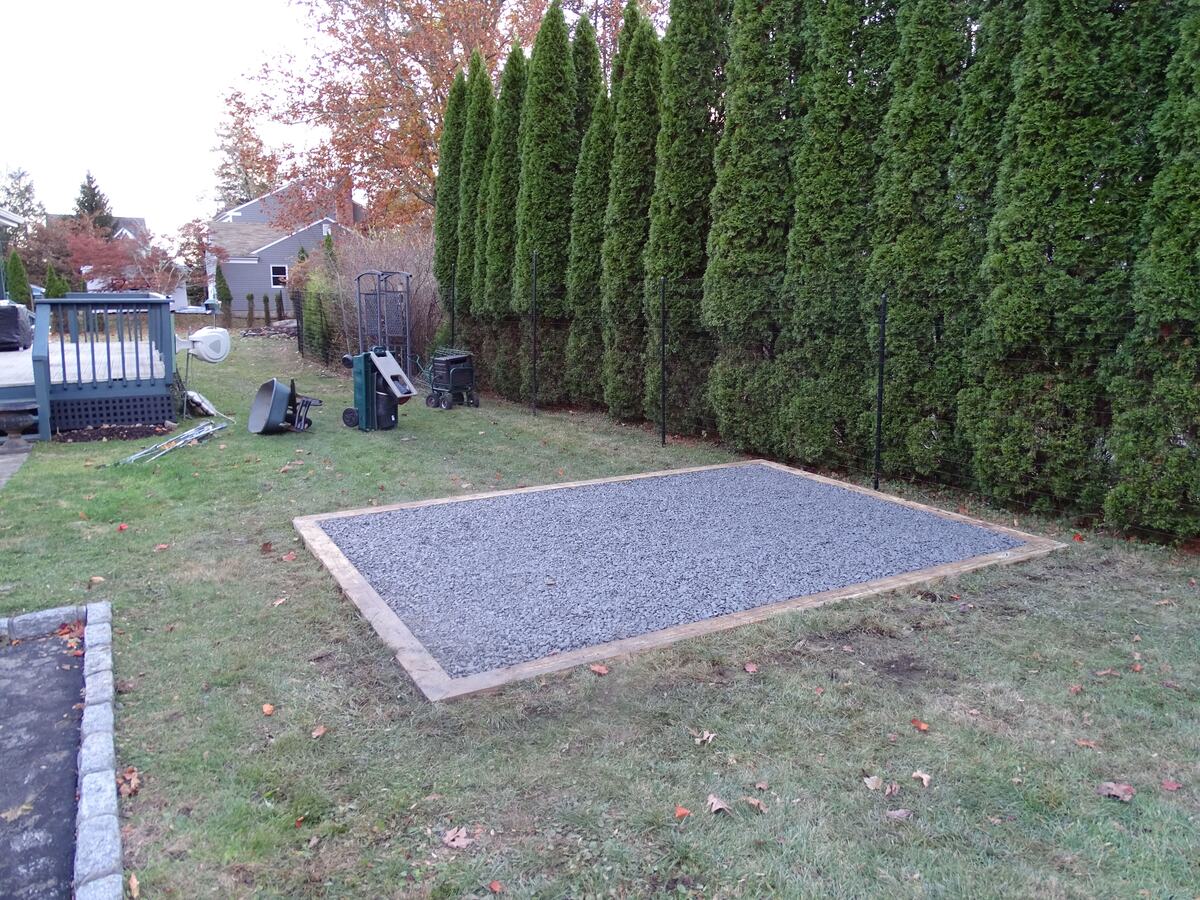
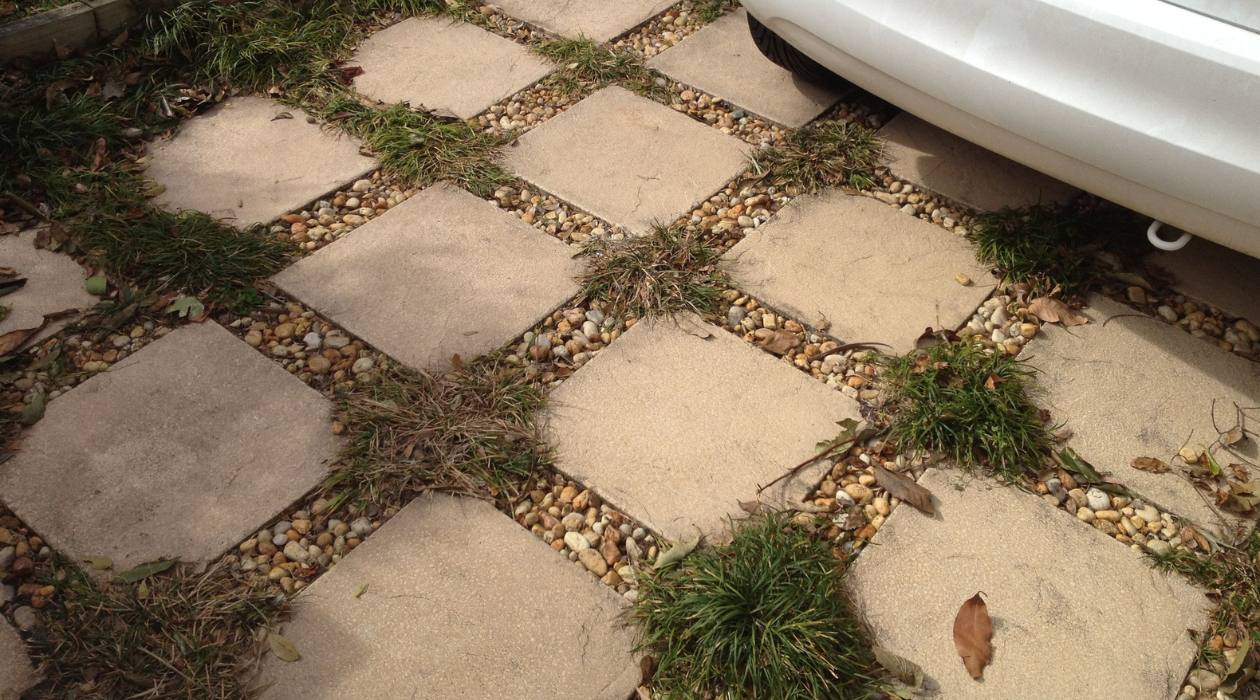
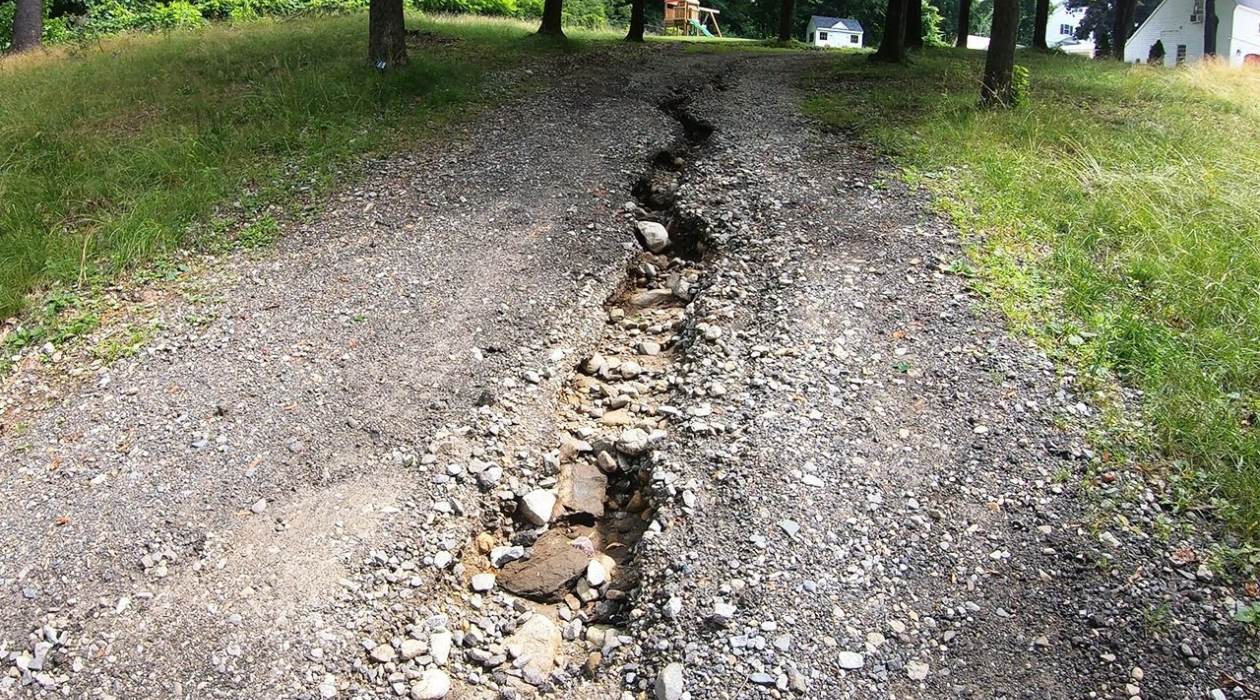
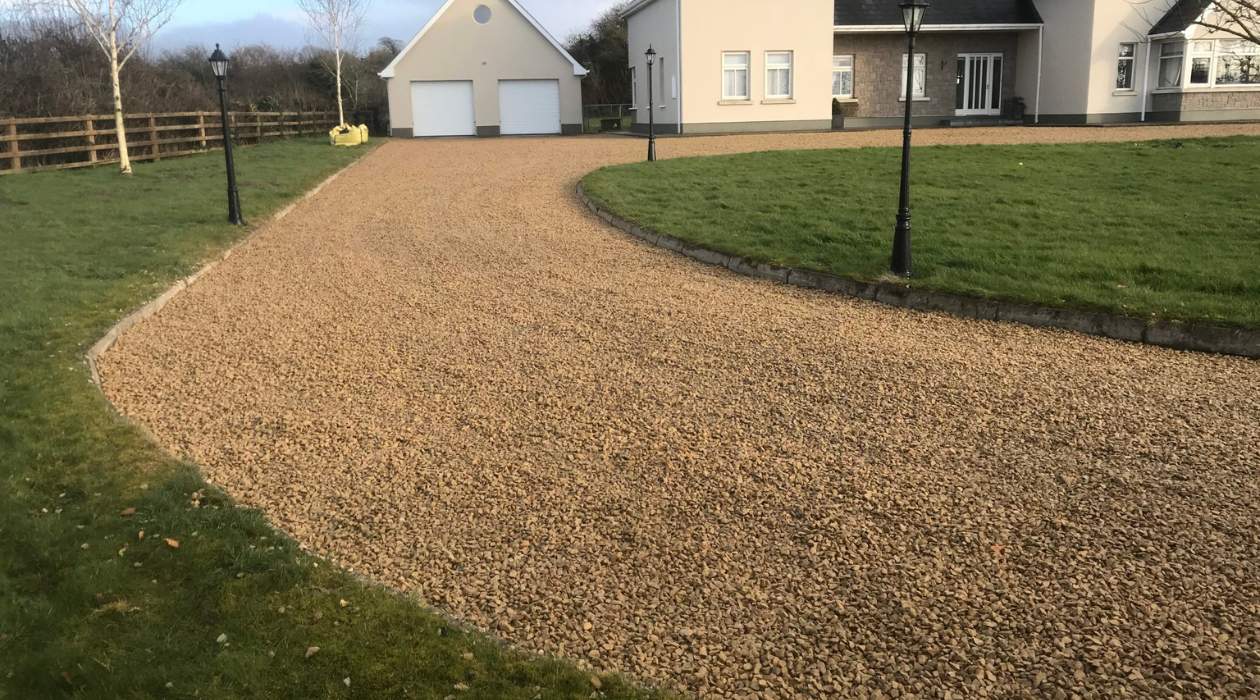
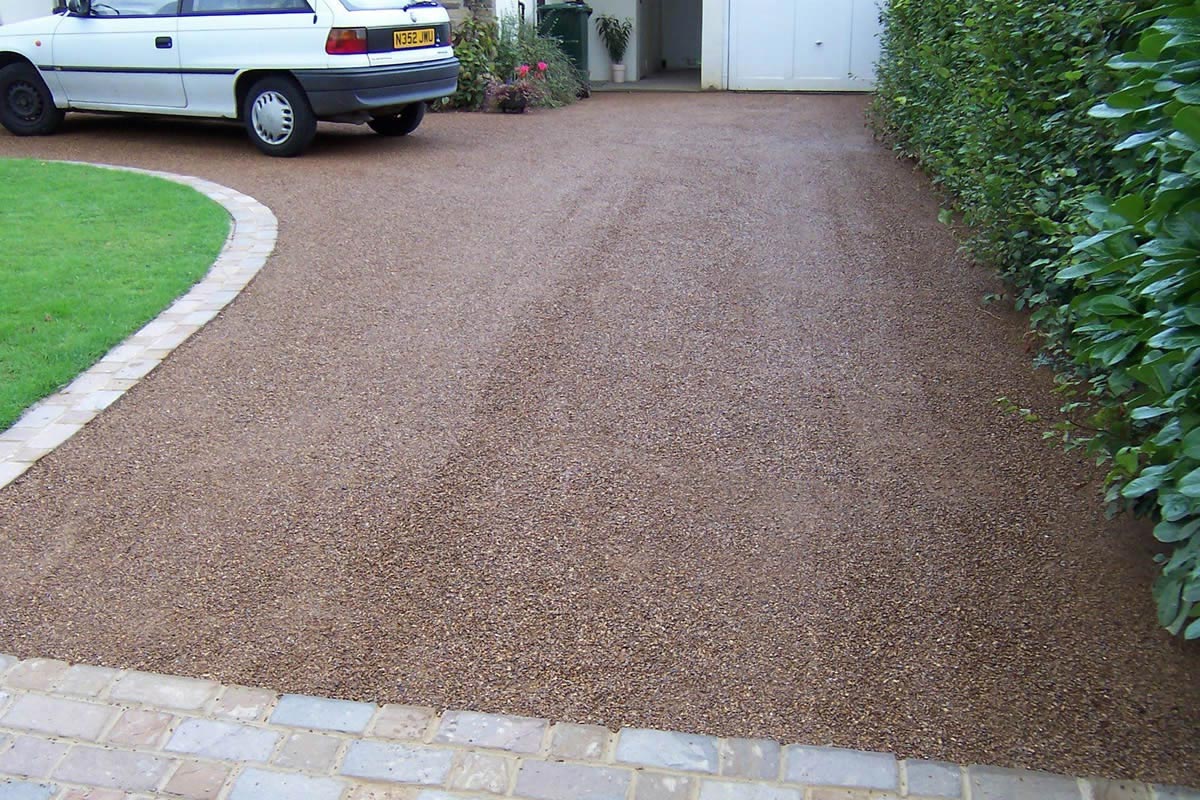
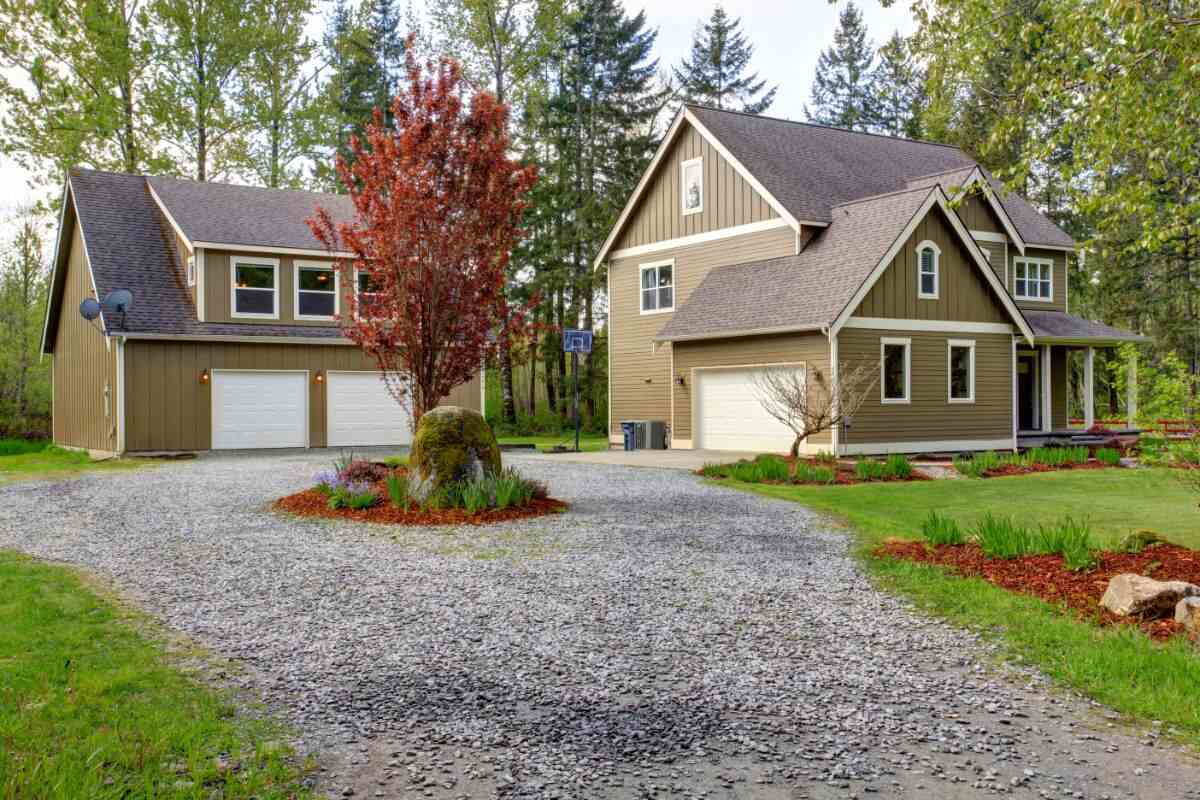
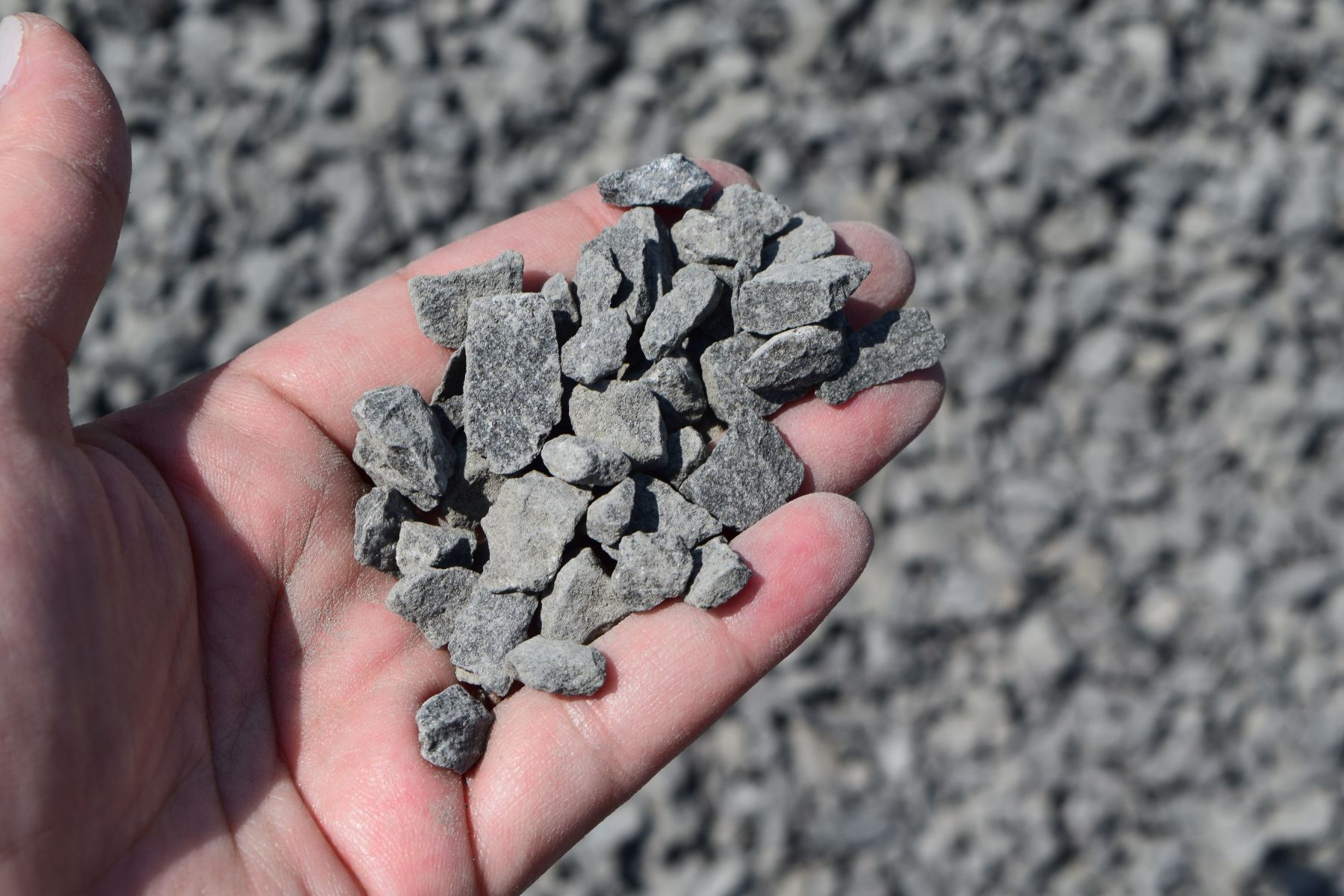
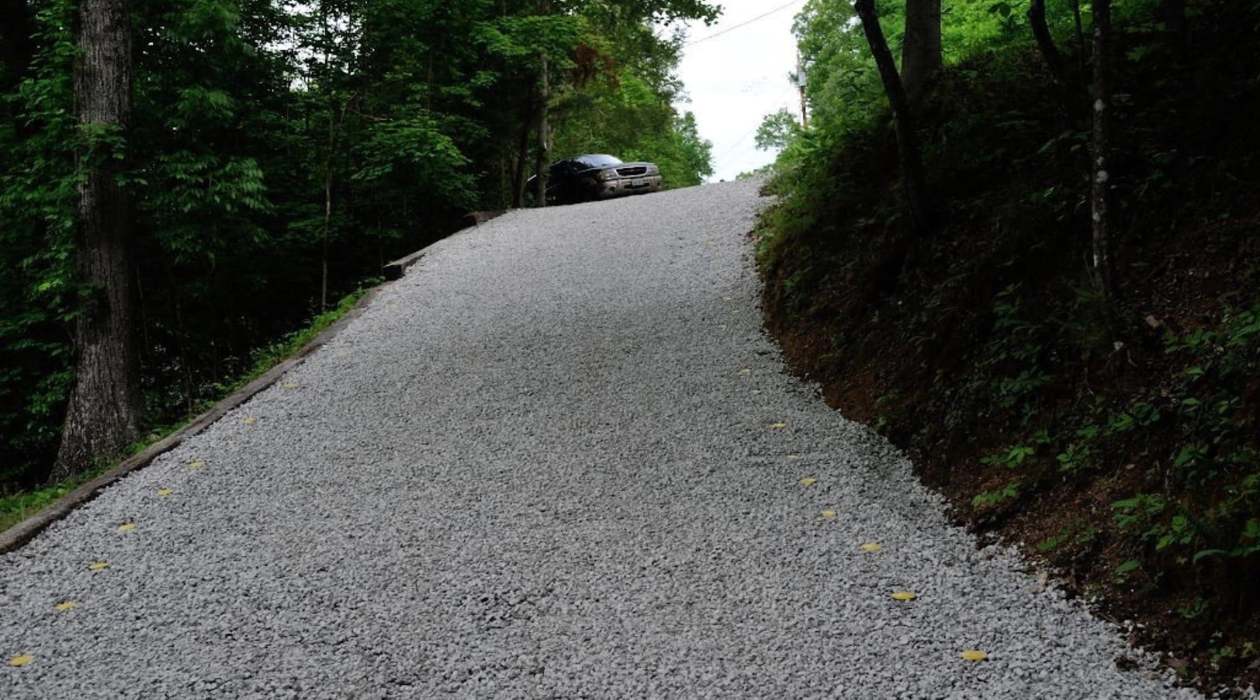
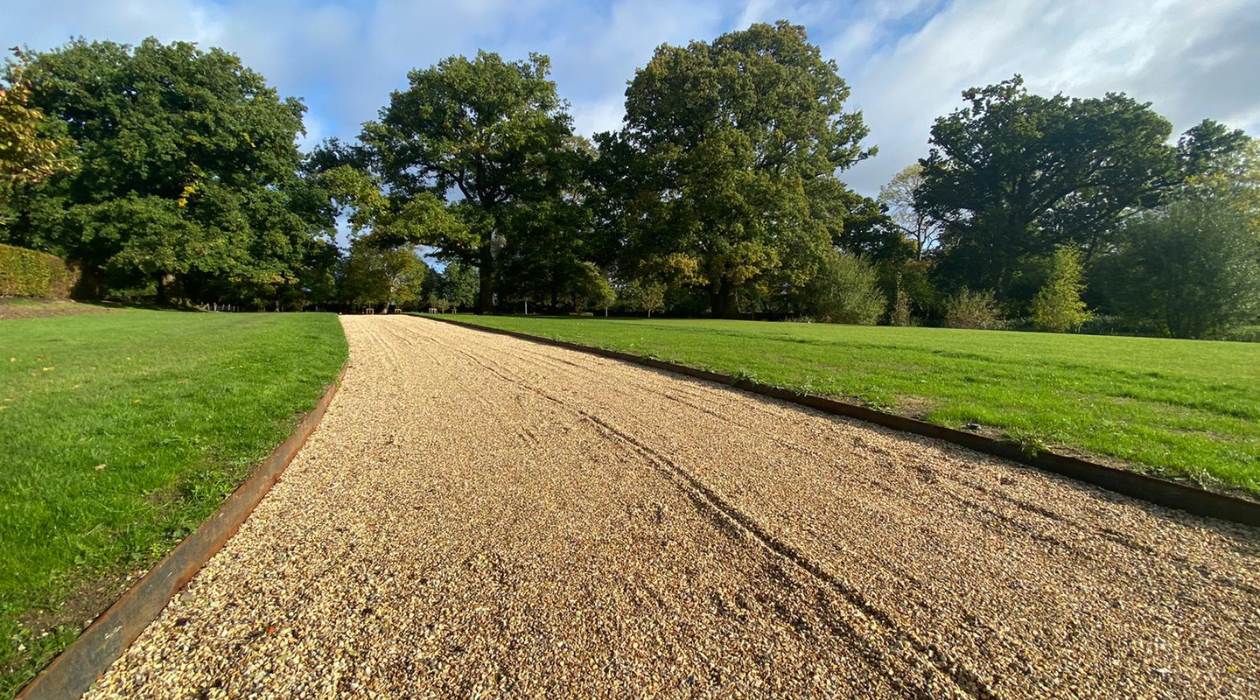
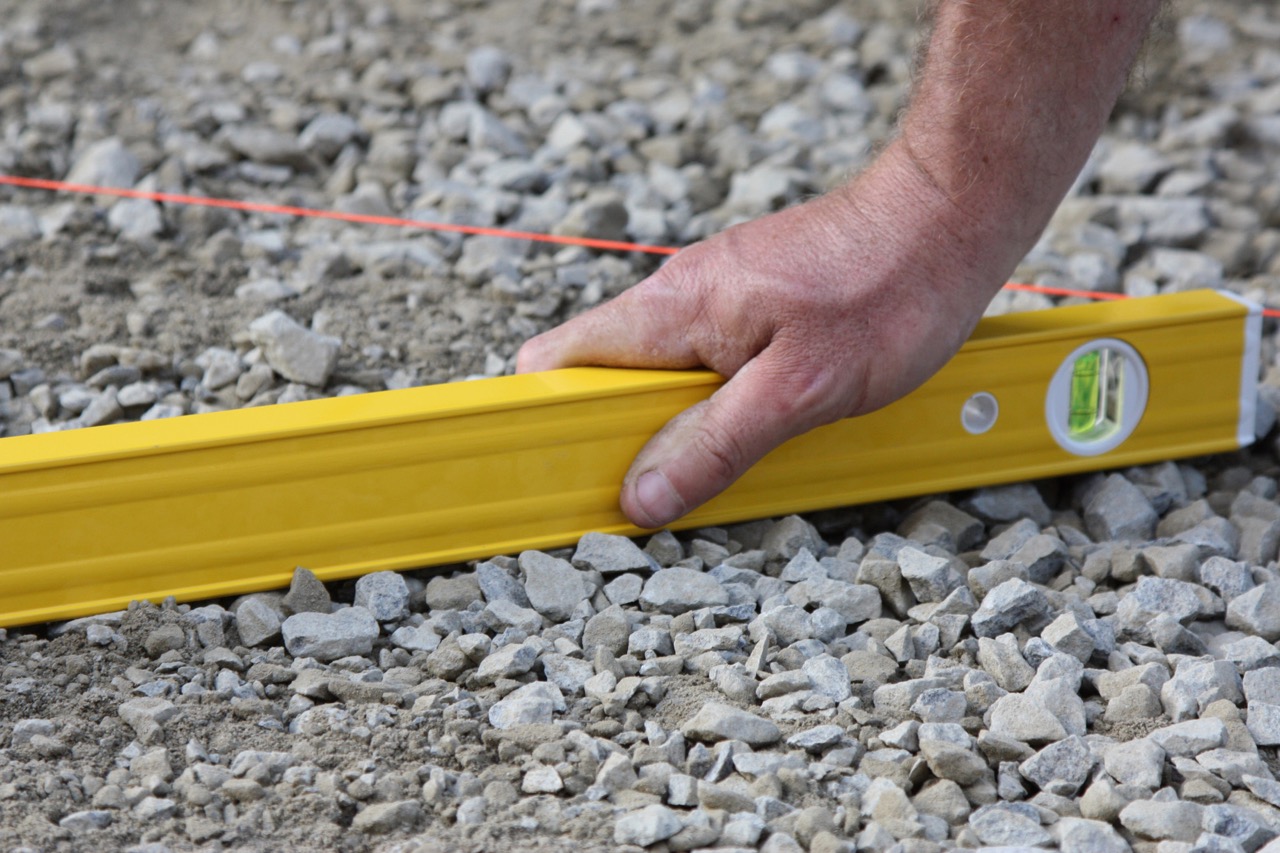
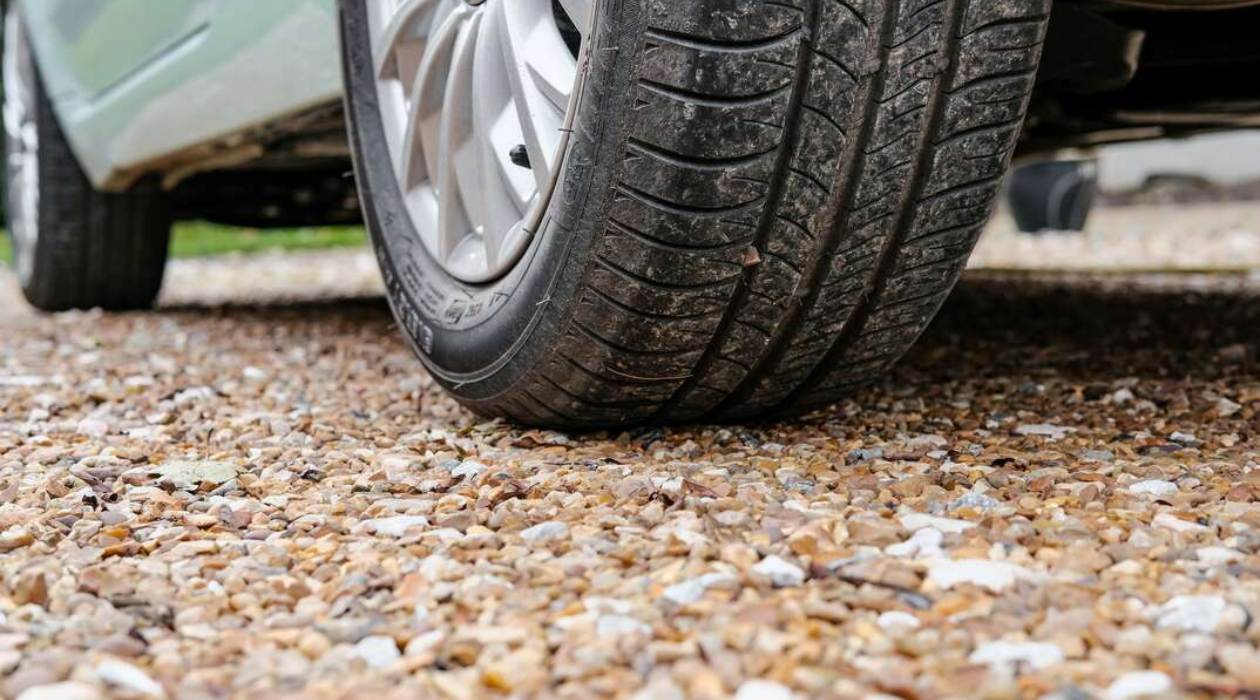

0 thoughts on “What Is The Best Type Of Gravel For A Driveway”